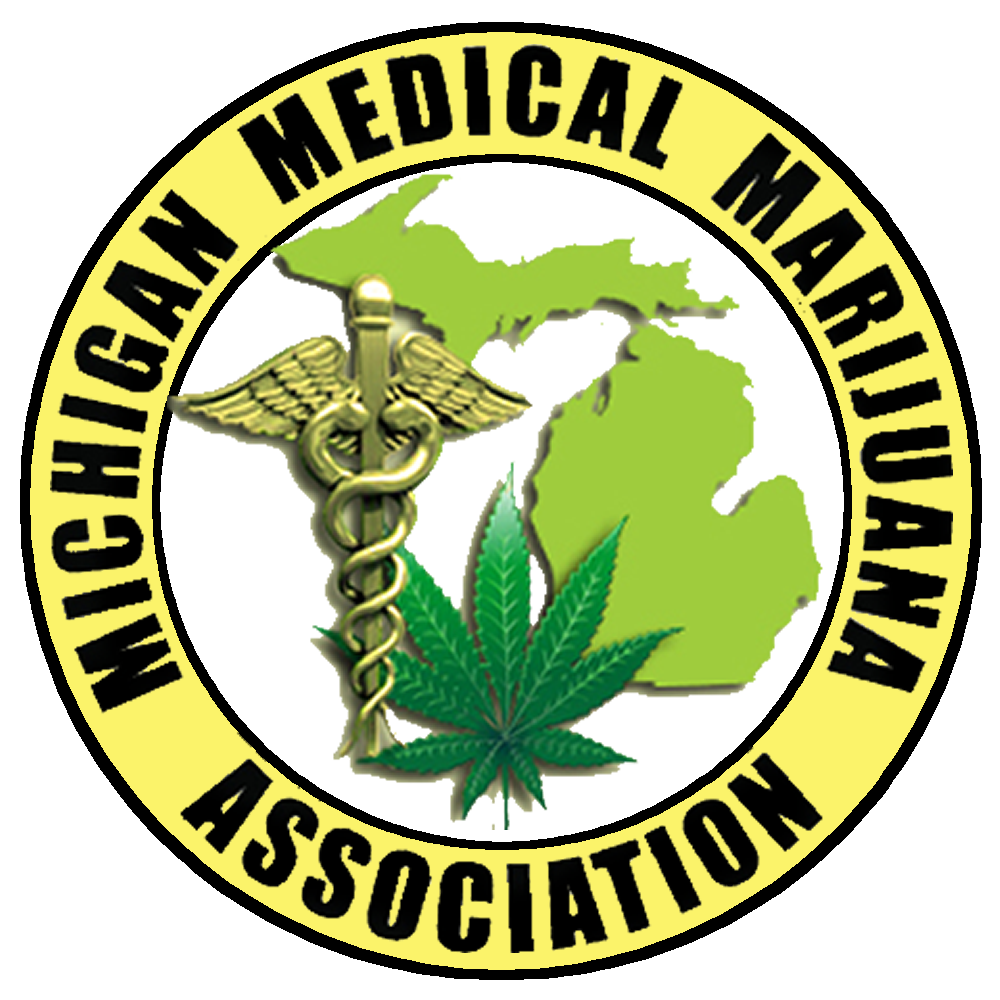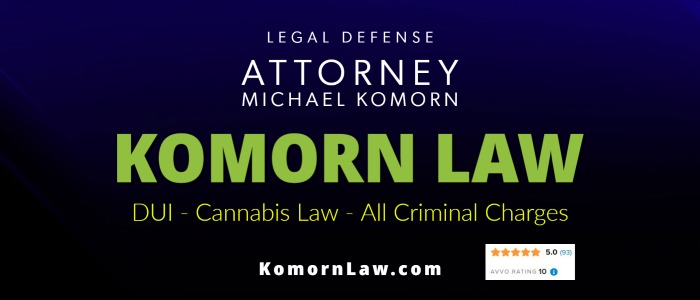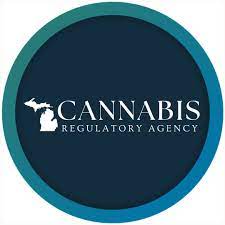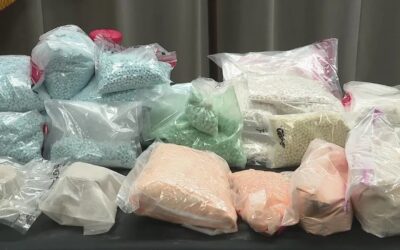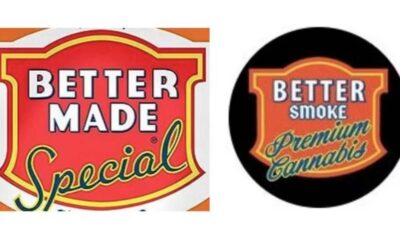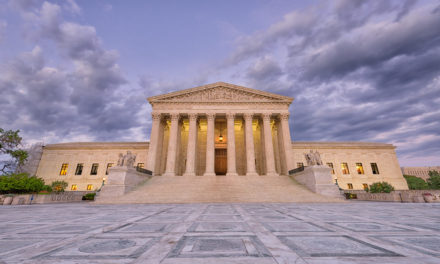Oregon governor signs a bill recriminalizing drug possession into law
Oregon Reverses Course: Governor Signs Bill Recriminalizing Drug Possession
On April 1st, 2024, Oregon Governor Tina Kotek signed House Bill 4002 into law, effectively recriminalizing the possession of small amounts of hard drugs. This move marks a significant shift for the state, which became the first in the nation to decriminalize such possession through Ballot Measure 110 in 2020.
A Short-Lived Experiment
Measure 110 replaced criminal penalties for possessing small amounts of drugs like heroin, cocaine, and methamphetamine with a $100 fine and a referral to addiction treatment. However, the initiative faced challenges from the start. Limited funding for treatment programs hampered its effectiveness, and concerns arose regarding increased drug use and public safety issues. Law enforcement officials reported difficulty enforcing the law due to a lack of clear guidelines for differentiating between personal use and dealing quantities.
A Compromise with Treatment Focus
House Bill 4002 aims to address these concerns. While it reinstates criminal penalties for possession (up to six months in jail), it also allocates additional funding for addiction treatment and mental health services. The bill encourages law enforcement agencies to establish deflection programs that divert individuals caught with drugs towards treatment instead of the criminal justice system.
Governor Kotek acknowledged the challenges of Measure 110 and the need for a different approach. She emphasized the importance of collaboration between law enforcement, courts, and treatment providers to ensure the new legislation’s success.
Reactions and Remaining Questions
The bill’s passage sparked mixed reactions. Proponents of decriminalization argue that the return to criminal penalties undermines public health efforts and disproportionately impacts marginalized communities. They believe a focus on treatment remains vital.
Supporters of the bill see it as a necessary step towards addressing public safety concerns and ensuring access to treatment. However, questions remain regarding the effectiveness of the deflection programs and the allocation of additional resources.
Uncertain Outcome
The legal outcome remains to be seen. Trademark law can be complex, and the cannabis industry’s recent growth in Michigan adds another layer of intrigue. This case will be watched closely by both the food and cannabis industries, with potential implications for brand protection in the emerging cannabis market.
Legal Summary
House Bill 4002 (Oregon)
- Short Title: Drug Possession Penalties and Addiction Treatment Act
- Effective Date: September 1st, 2024
- Key Provisions:
- Reclassifies possession of small amounts of controlled substances (heroin, cocaine, methamphetamine) as a Class A misdemeanor, punishable by up to six months in jail and a fine.
- Allocates additional funding for addiction treatment and mental health services.
- Encourages law enforcement agencies to establish deflection programs that divert individuals caught with drugs towards treatment instead of prosecution.
Legal Impact:
This bill significantly alters Oregon’s drug possession laws. It remains to be seen how courts will interpret the deflection program provisions and how effectively law enforcement will implement them. The success of the legislation will likely hinge on the availability of treatment resources and the coordination between various stakeholders in the criminal justice and public health systems.
Looking Ahead
Oregon’s reversal on drug possession decriminalization reflects the ongoing national debate about drug policy. The state’s experience will be closely watched to see if the new approach can balance public safety concerns with a focus on public health and treatment.
As always… Follow the money. If you can.
More Posts
Biden’s Pardons and Commutations so Far
Commutations Granted by President Joseph Biden (2021-Present)Turn Phone Horizontal or Download...
White House Passes Buck on Marijuana Rescheduling
An Election Year - Once Again Some Chit Chat about Marijuana Legalization. Pushing it off Another...
EPA sets first-ever limits on PFAS in water – Gee Thanks
What are PFAS and why are they in my water, food and blood?The U.S. Environmental Protection...
Cannabis Regulatory Agency Answers Questions About THCA
The Cannabis Regulatory Agency (CRA) is issuing this communication to answer recent questions that...
Authorities seize 90 pounds of fentanyl in Livonia Michigan
Livonia traffic stop leads to largest fentanyl bust in Michigan history, police say Authorities...
Better Made is suing several Michigan marijuana companies
Munchie MayhemBetter Made potato chips is embroiled in a legal battle with over a dozen Michigan...
